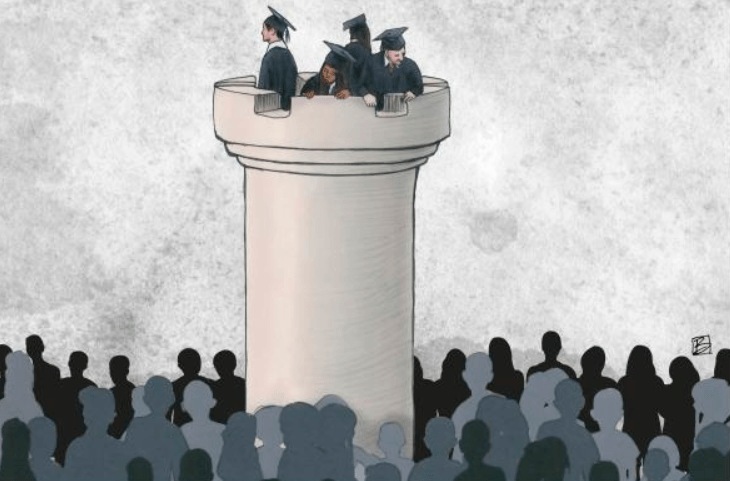ONE NEWSPAPER’S STORY—AND THE LESSONS WE LEARN
As a member of The Freelance Exchange of Kansas City, I was privileged last week to attend a very interesting meeting at which our special guest was Derek Donovan . Donovan is the Public Editor for The Kansas City Star newspaper. As our special speaker, he shared numerous insights about the fascinating ride taken by The Kansas City Star as it has navigated various transitions in adapting to the Internet age. One of Donovan’s key statements was simple, yet so powerfully true:
“ Social media has changed everything. ”
The profound truth of that simple statement has been the driver of many decisions about the newspaper’s print editions, online editions, organization, staffing, and strategy. As just one example, the print edition has become significantly smaller. The Kansas City Star today compared to ten or more years ago is marked by fewer sections, consolidated sections, eliminated sections, and new sections. Its structure and organization are quite different.
Donovan clearly made the point that the newspaper could read the handwriting on the wall. Consequently, it took the needed steps to revamp its business plan so that it could remain a player in the industry. This was all accomplished with intense research on what is happening with social media, the Internet, demographics, and trends. And of course, that intense research remains constant. The newspaper is diligently aiming to remain on the cutting edge of modern news media.
Donovan’s presentation left me with three especially important lessons for all organizations:
- Regardless of what your business is, if you have not been keeping up with how social media has changed everything, then you better start now. Just because you are behind the times does not mean your competitors are.
- Figure out what methods and avenues best resonate with your customers. You need to go where the engagement happens. Otherwise, customers will look for other places to engage, and you won’t be there.
- When a tactic has lost its effectiveness, drop it. Your time and resources are limited. Put them where you will get the best return.











